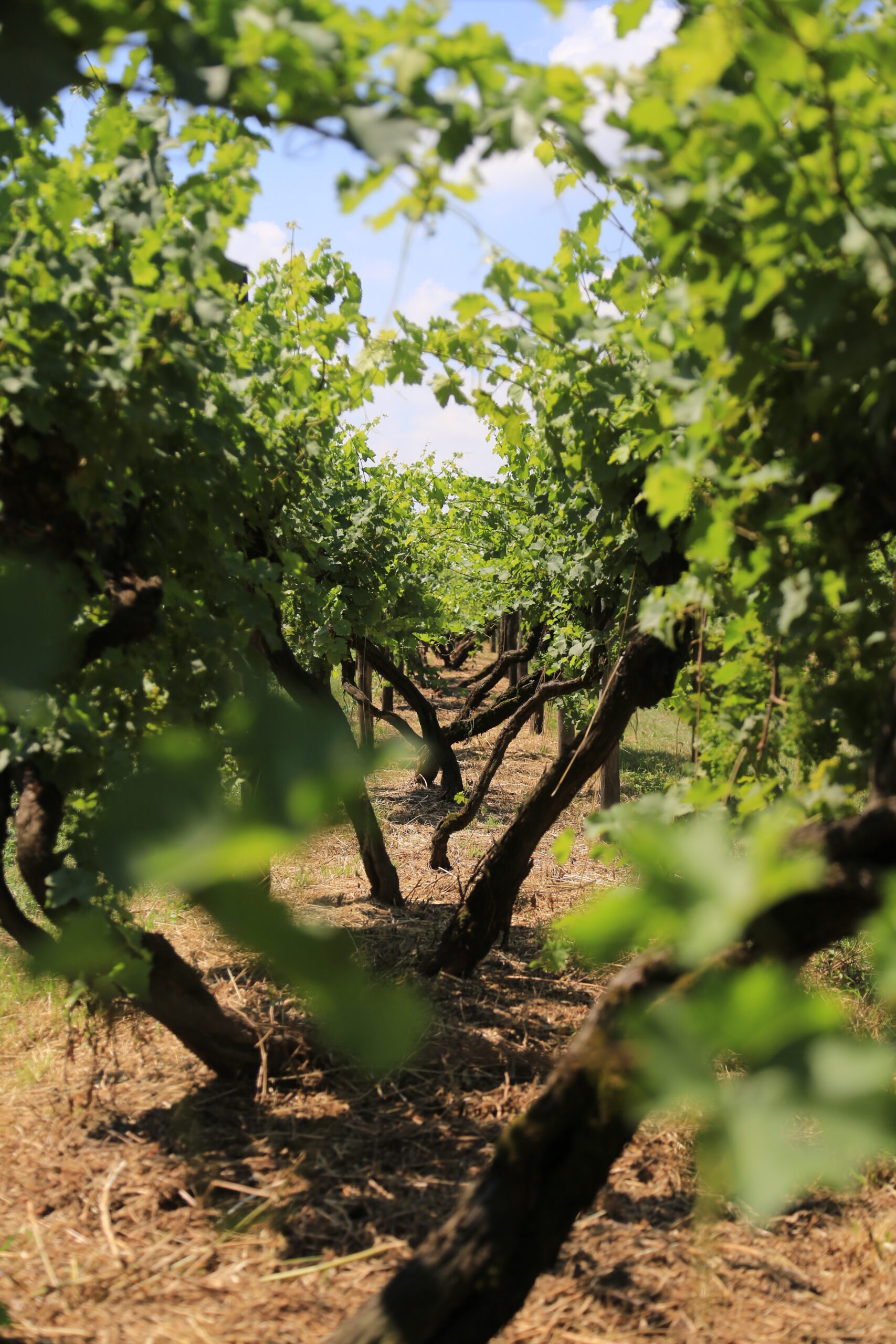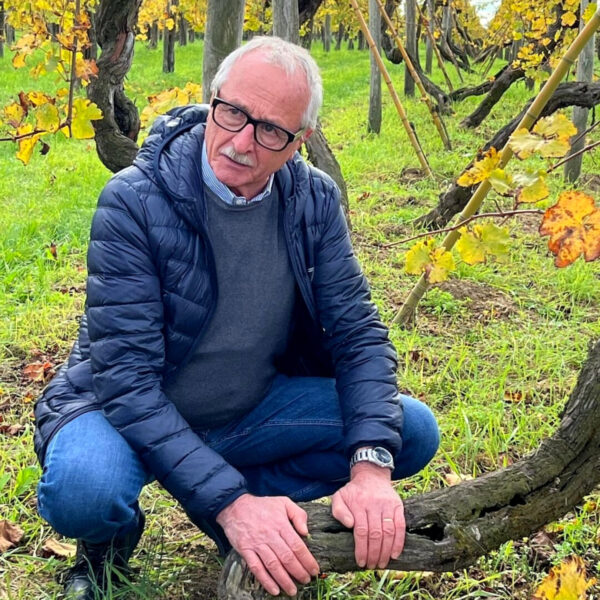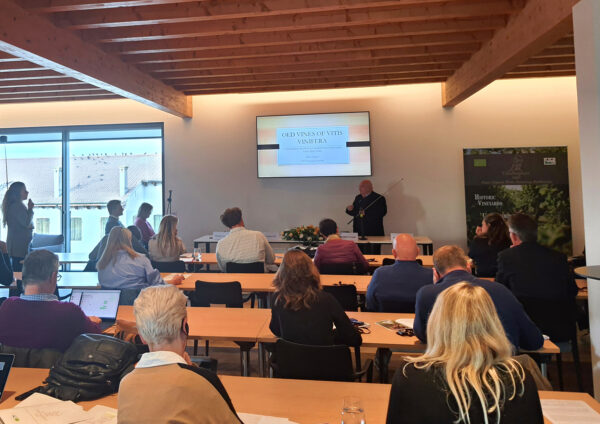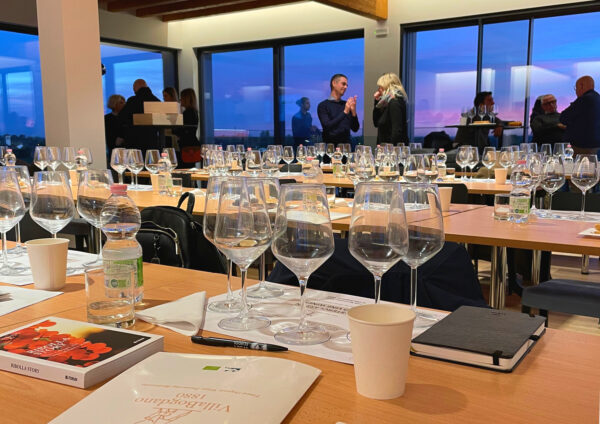
The Old Vine Conference
THE OLD VINE CONFERENCE
Bringing global recognition to old vines and to the wines produced from them as a new business category, sharing best practices and management strategies: this is the mission of The Old Vine Conference, a non-profit organisation created to promote the value of the world’s old vines and the wines produced from their grapes, which held its first international conference at Villa Bogdano 1880.
Founded by Masters of Wine such as Sarah Abbott and Alun Griffiths, together with other leading figures from the international wine and oenological world, the association was founded to enhance the value of old vines by creating a connection between companies, experts and wine lovers.
Alongside Sarah Abbott, who presented the mission and goals of The Old Vine Conference, the conference was enriched with brilliant speeches by Professor Mario Fregoni, considered one of the fathers of Italian viticulture and oenology, former professor at the Catholic University of Piacenza and honorary president of OIV, and Professor Carlo Petrussi, agronomist and profound connoisseur of Friuli’s viticultural and oenological culture. This was an important moment for all wine-growing realities that keep protecting old vines, both as a historical heritage and as a witness of a viticulture and resulting oenology of high quality levels, which must be preserved and enhanced; during the debate, perspectives and problems have been analysed, as well as the best ways to protect them. During his speech, Professor Fregoni highlighted the importance of preserving the old vines, not only as a historical heritage but above all for their oenological value.
Afterwards, Professor Petrussi presented a cross-section of the current Italian situation regarding the old vines, reporting on some of the most virtuous examples and analysing how some modern agronomic and viticultural techniques have a negative impact on vine’s longevity, on soil and environmental quality, and ultimately on wine. He also underlined how the excess of artificial irrigation and fertilisation leads to a lack of in-depth development of the vine’s root system and woody component, causing a greater vulnerability to extreme climatic phenomena, to which we are increasingly exposed, and a greater environmental impact, as well as the greater spread of some kinds of rots and diseases.
“Everything during this trip highlighted the extent of the goal of the old vines. We learnt a lot from the Professors who have dedicated their long careers to research and cultivation of old vines.” (Sarah Abbott, Master of Wine and co-founder of The Old Vine Conference)


During the event, Domenico Veronese, owner of Villa Bogdano 1880, presented the restoration and preservation work carried out by the company for the old vines, in order to preserve biodiversity by maintaining the genetic heritage of the old vines and handing down a rare type of vine planting.
“I already visited this company a few years ago, but today I have realised that it is the Italian capital of old vines. I can say that for me in Italy there is no such area of old vines as this one.” (Professor Mario Fregoni, referring to the old vines of Villa Bogdano 1880 Estate)
The valuable speeches of these guests were then crowned by a masterclass that included several examples of Italian wines produced with grapes from old vines by some of the landmark wineries of their respective territories, which are also pioneers in the preservation of historical vine heritage: Lison Classico DOCG 2019 (Tocai Friulano from old vines dating back to 1943) and 195 Selezione Rosso IGT Veneto 2017 (Merlot-based Bordeaux blend from old vines dating back to 1960) by Villa Bogdano 1880, Refosco di Faedis DOC Friuli Colli Orientali Riserva 2016 by Azienda Agricola Zani Elvio, Löwengang Uvaggio Storico 2019 by Alois Lageder, Serpico Irpinia Aglianico DOC 2013 Feudi di San Gregorio and the magnum of Vigneto Morei Teroldego Vigneti delle Dolomiti IGT 2014 by Azienda Agricola Foradori.

